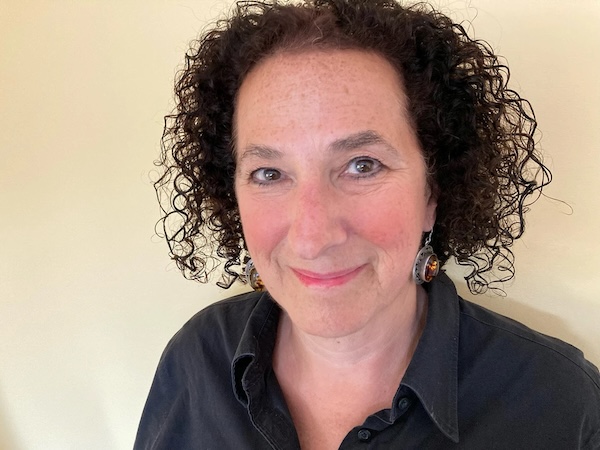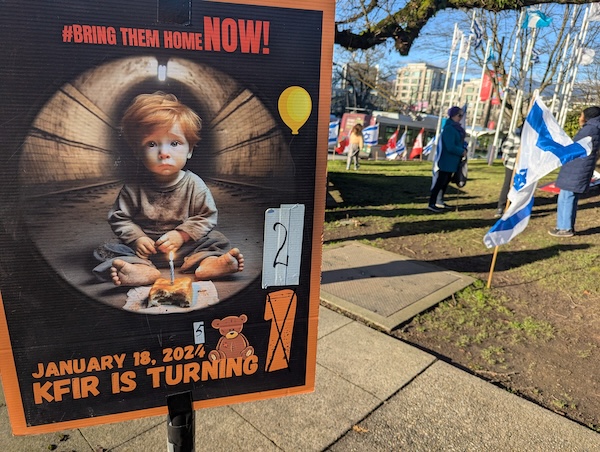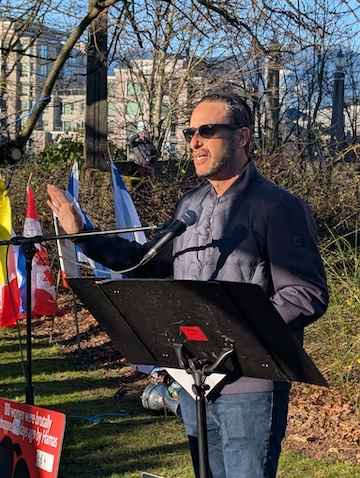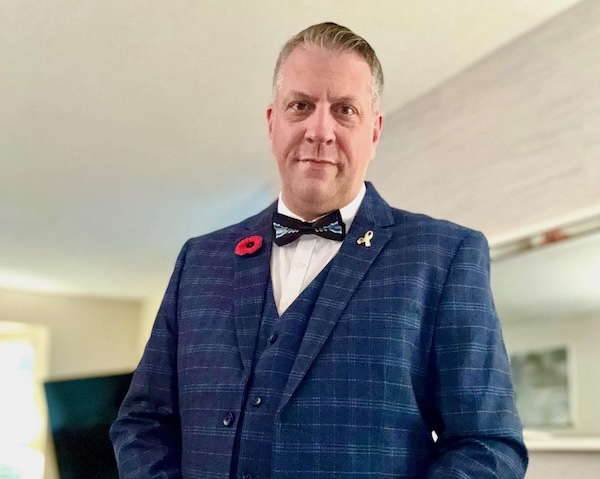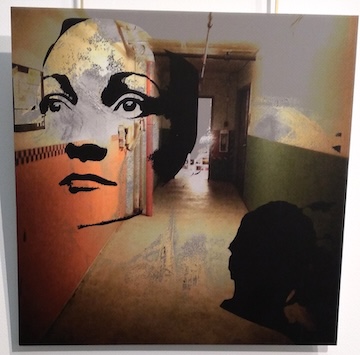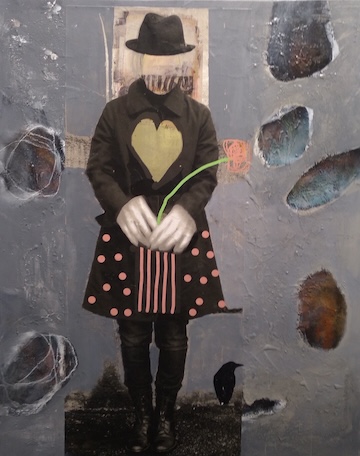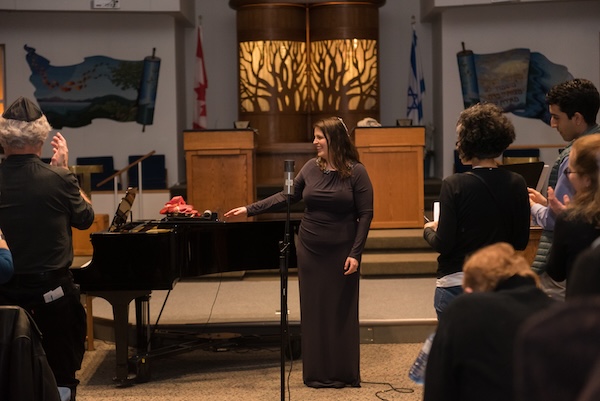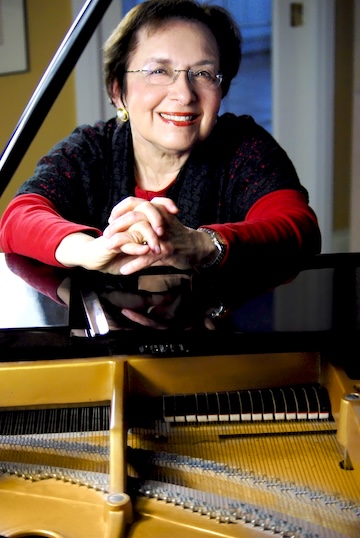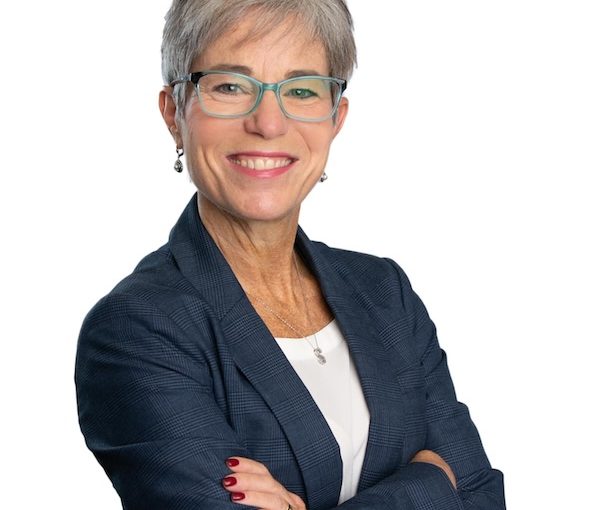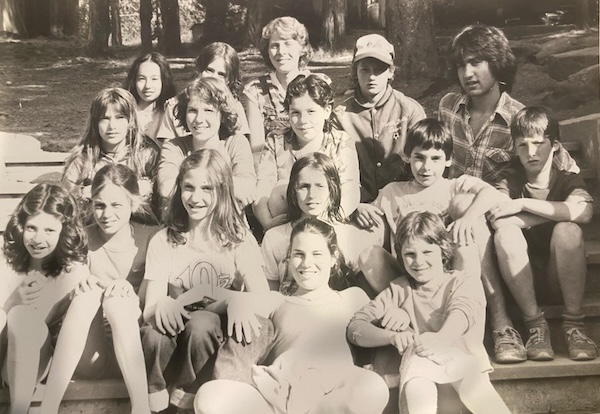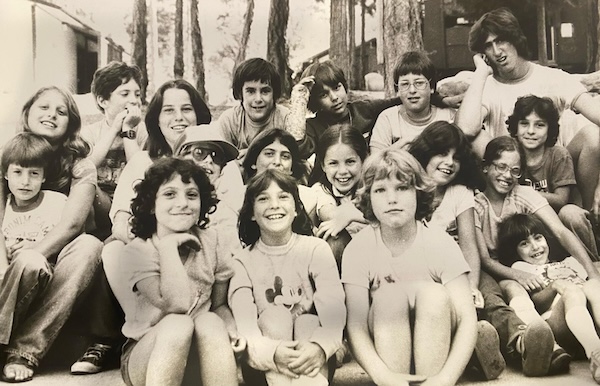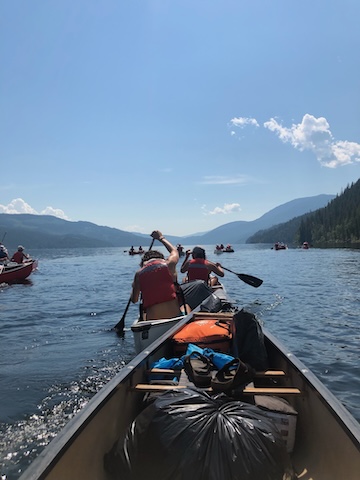Corey Levine has helped bring many Afghan women MPs and their families to safety in Canada. She will speak about her experiences at the Wallenberg-Sugihara Civil Courage Society event honouring her. (photo from Corey Levine)
The Wallenberg-Sugihara Civil Courage Society’s Civil Courage Award honours individuals who help others escape from unjust and dangerous situations at great risk to themselves, as both Sweden’s Raoul Wallenberg and Japan’s Chiune Sugihara did during the Second World War to help Jews flee the Nazis. On Jan. 19, at the society’s 20th Annual Raoul Wallenberg Day event, this year’s award will be given to Corey Levine, who has been helping women flee Afghanistan.
There were 69 women in Afghanistan’s parliament when the country experienced a brief period of democracy. When Kabul fell and the Taliban retook control on Aug. 15, 2021, these women had to flee or they would have been murdered. Most of them made it to Greece, Albania or elsewhere, where they lived until they were able to make their way to Canada or the United States. Others made it to Pakistan, where they live in hiding, in danger of being deported back to Afghanistan if found.
Levine has been doing human rights work in war zones for about 30 years. “I really embrace the idea of tikkun olam, that it is our individual responsibility to contribute to repairing the world,” she said.
Her first trip to Afghanistan, in March 2002, was as a consultant with the Canadian International Development Agency’s peace-building unit. “The Taliban had just been routed, and Western countries were starting to engage,” she said.
That was the start of a 23-year-and-counting relationship with the country, both as a consultant with various international organizations and personally.
The last time she was on a paid contract in Afghanistan, it was with UN Women. She was there for nine months, “seconded to work with Afghan women parliamentarians, to support them and develop some strategies, etc. I left Afghanistan six weeks before the Taliban took over the second time and, basically, from the time that I left, but especially the day that Kabul fell, Aug. 15, 2021, people started contacting me. At first, it was Afghan friends and colleagues – because I’d been going there for 20 years at that point – asking me for help. And I said, I don’t know, I’ll see what I can do. I couldn’t have imagined then that it would end up being a 24/7 crisis management [project] that I ended up doing for the past three-and-a-half years all on my own, voluntarily.”
Calls for help started coming from people Levine didn’t know. “In a way, it was almost like an underground railway,” she said, with so many people, as individuals or as part of organizations, trying to get out of the country, Afghans at risk of being killed by the Taliban. Helping people escape was unfamiliar work for many of the people involved. “We were all kind of flying by the seat of our pants,” she said.
“It’s one thing to get people into safe houses. That’s only a temporary Band-Aid solution. It’s how to help them afterwards, how to help them reach safety. And then I started organizing private sponsorship. Canada has this unique program where groups of people in a community can come together and raise money and privately sponsor refugees.”
Levine has managed to organize seven private sponsorship groups in Victoria, where she lives, and is working on an eighth. Amid this work, she returned to Afghanistan in June 2022. While there on that trip, she tried to help some of the women MPs who had been left behind, and this work became part of her ongoing efforts to rescue at-risk Afghans.
“In September 2022,” said Levine. “I went to a conference in Ottawa and I met a few MPs…. I don’t know how, but I put together an all-party group of MPs that were interested in helping me get these women out.”
The resulting group comprises Bloc Québécois citizenship and immigration critic Alexis Brunelle-Duceppe, who was a co-chair of the Special Committee on Afghanistan; Conservative MP Alex Ruff, who twice served in Afghanistan with Canada’s military and was also on the special committee; Liberal MP Marcus Powlowski, who had spoken out, even before the Taliban retook Afghanistan, about the need for Canada to help Afghans; Green Party leader Elizabeth May, who used to be Levine’s MP and who had already helped Levine in this area; NDP foreign affairs critic Heather McPherson and Liberal MP Leah Taylor Roy, who were also keen to participate, said Levine.
“One of the women we were trying to help, and the event is dedicated to her memory, she was killed by the Taliban in January 2023,” said Levine, referring to Mursal Nabizada. “She was one of the women I had met when I was in Afghanistan in June of 2022…. Before that, we had been working under the radar with the government…. But then, once her death happened, because it was international news … the MPs released a statement about it, which got a lot of traction. The government stepped up after that, and we went back underground, so to speak,” mainly for security reasons.
However, the MP group has since become more public – a CBC documentary on their work aired last October. Its members continue to negotiate for more Afghan women MP refugees to be able to come to Canada and, from their efforts so far, seven Afghan families are here safely, said Levine. “One of them is going to be speaking at the event on the 19th.”
Former Afghan MP Gulalai Mohammadi, who escaped to Canada with her family last year, is that speaker. In addition to Mohammadi and Levine, May will also participate, representing the MP panel.
The Jan. 19, 1:30 p.m., event will take place at the Peretz Centre for Secular Jewish Culture. Admission is free, but donations are welcome, with donations of $36 or more receiving a tax receipt. A reception will follow the program.
For more information on the Wallenberg-Sugihara Civil Courage Society, visit wsccs.ca.

